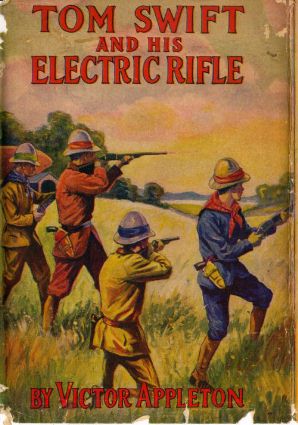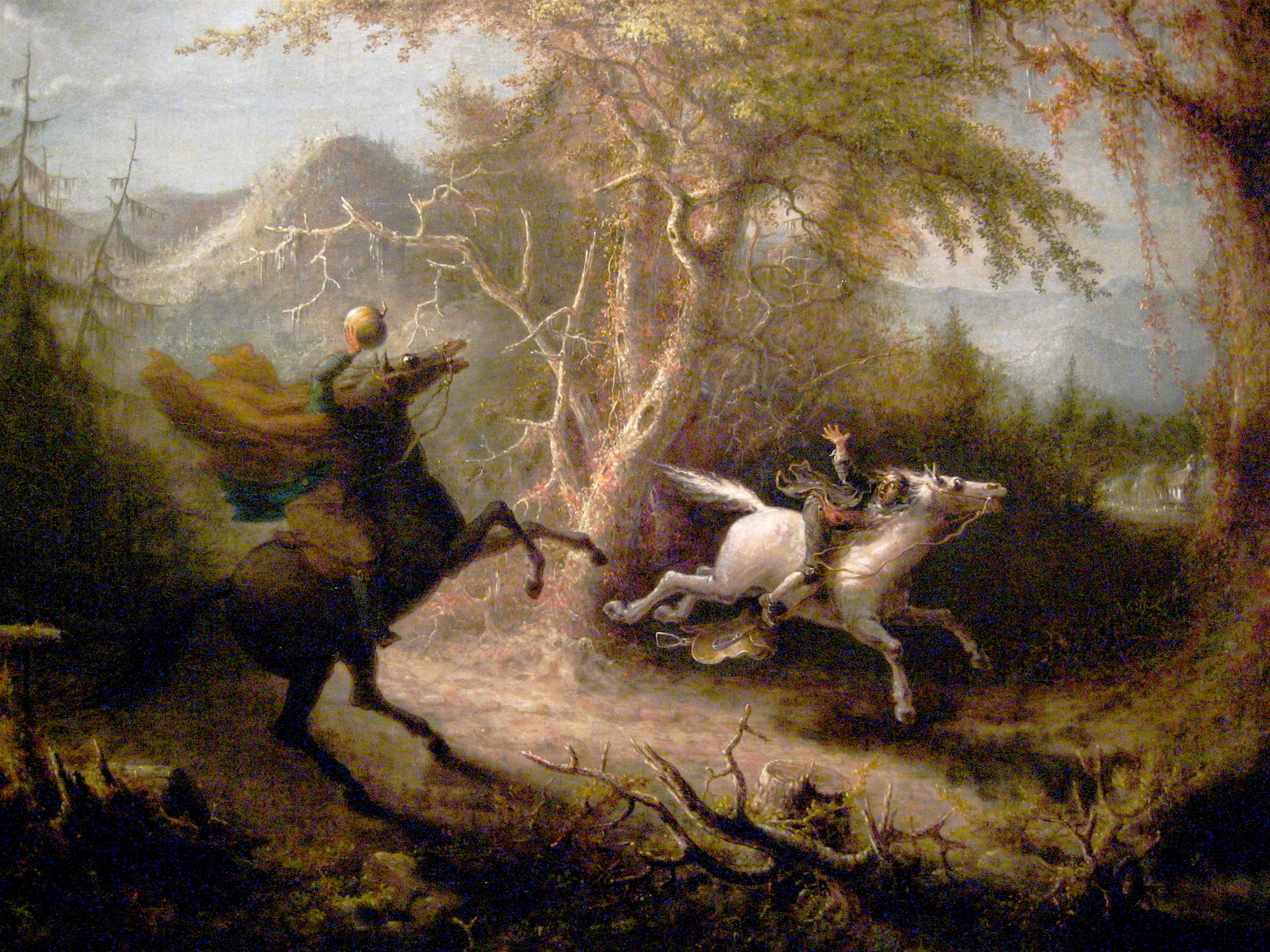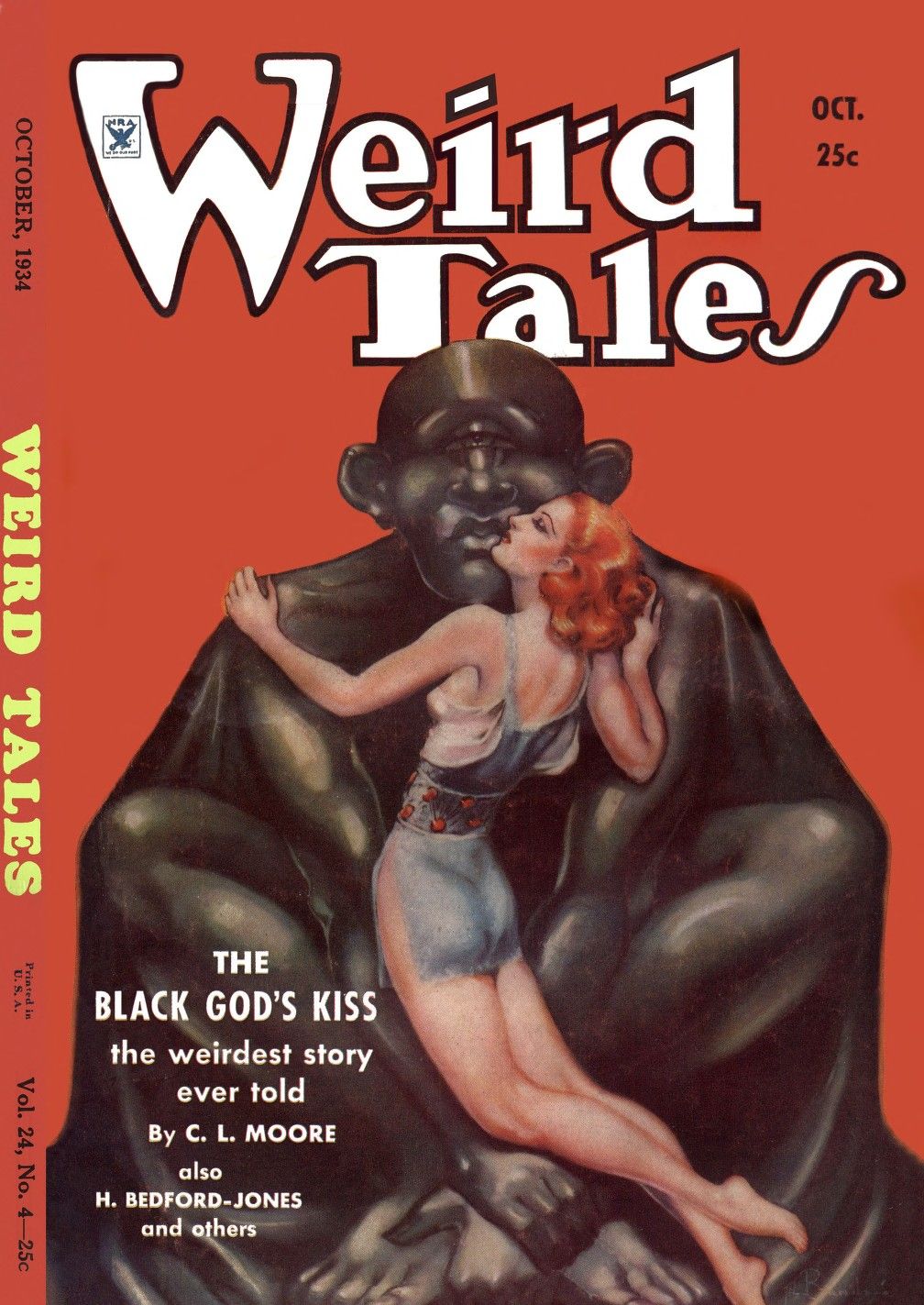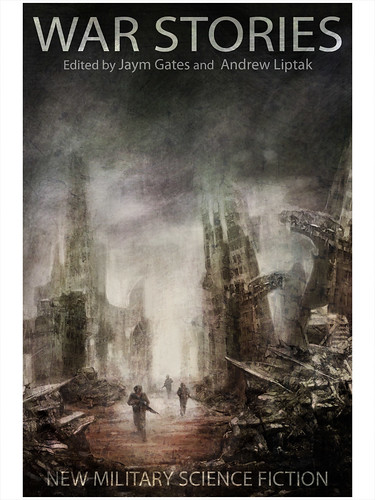The Clients of Virginia Kidd
/ When Megan and I started dating, I made the trip from Vermont to Pennsylvania. It's around eight hours, covering four states. On one such trip, I decided I really didn't want to endure New Jersey, and took an early exit off of I-87 toward the alluring sign 'Delaware Water Gap'. It didn't take me much longer to cut through the two-lane road, perfect for driving a Mini Cooper on, and it took me through a quiet, quaint looking town of Milford. Since Megan and I have married, we make the trip frequently, crossing through Milford a couple of times a year. I like the town, even though I've never stopped.
When Megan and I started dating, I made the trip from Vermont to Pennsylvania. It's around eight hours, covering four states. On one such trip, I decided I really didn't want to endure New Jersey, and took an early exit off of I-87 toward the alluring sign 'Delaware Water Gap'. It didn't take me much longer to cut through the two-lane road, perfect for driving a Mini Cooper on, and it took me through a quiet, quaint looking town of Milford. Since Megan and I have married, we make the trip frequently, crossing through Milford a couple of times a year. I like the town, even though I've never stopped.
While writing this column, I've come across the name 'Milford Method' a number of times, but it wasn't until I started reading up on Virginia Kidd that I realized that the Milford that I'd been reading about was the very same quiet town that I'd been driving through for the last five years! Milford, PA, sitting right on the intersection of New York, Pennsylvania and New Jersey, became a hub of activity for the science fiction world for decades, and is still home to the Virginia Kidd Literary Agency.
Virginia Kidd isn't necessarily a recognizable name to anyone from outside of the genre's walls: she worked behind the scenes, and appears between a number of pivotal figures within the genre. While authors get most of the credit, it's important to see the influence of major editors and agents can play in shaping the direction of the arts world.
Go read The Clients of Agent Virginia Kidd over on Kirkus Reviews.
Sources:
- Transformations / Gateways to Forever, Mike Ashley. Kidd pops up briefly here and there in Ashley's books, mainly around her short fiction.
- The Futurians, Damon Knight. This book contains a wealth of information about Kidd on her life and influence within the Futurians group, and after.
- Science Fiction after 1900: From the Steam Man to the Stars, Brooks Landon. This book has a good couple of notes on Kidd and her anthology, especially with how it fits into the feminist movements during the 1970s.
- Better to Have Loved: The Life of Judith Merril, by Judith Merril and Emily Pohl-Weary. Merril was close friends with Kidd, and there's some great letters and background information on their interactions.
There's a number of online sources that I found helpful:
- Kidd, Virginia, SF Encyclopedia. This provides a brief snapshot of Kidd.
- About Virginia Kidd, Ursula K. LeGuin. Le Guin's tribute to Kidd.
- Kidd, Virginia, Penn State. There's an interesting biographical page online by Penn State.
- Virginia Kidd, SFWA. SFWA's obituary for Kidd.
Also, many thanks to Ursula K. LeGuin for answering some questions for me about Virginia.

 The first Blish story I read was Surface Tension in Science Fiction Hall of Fame anthology. While there's certainly some issues with the anthology, it's a solid collection of short fiction. Blish isn't an author I've read extensively, but I remember him popping up frequently in the various anthologies I read over the years.
The first Blish story I read was Surface Tension in Science Fiction Hall of Fame anthology. While there's certainly some issues with the anthology, it's a solid collection of short fiction. Blish isn't an author I've read extensively, but I remember him popping up frequently in the various anthologies I read over the years. There were two authors I read extensively when I first started reading science fiction. The first was Isaac Asimov, because, well. Robots. Foundation. Reasons. The other was Arthur C. Clarke. The first story I really remember reading from him came from a thick anthology cultivated by Asimov, with one fantastic story by Clarke in it: Who's There? I then ran through a bunch of his books: 2001: A Space Odyssey, 2010, 2061 and 3001 are the ones I checked out over and over again. Later, I dug into Rama and even later, Childhood's End.
There were two authors I read extensively when I first started reading science fiction. The first was Isaac Asimov, because, well. Robots. Foundation. Reasons. The other was Arthur C. Clarke. The first story I really remember reading from him came from a thick anthology cultivated by Asimov, with one fantastic story by Clarke in it: Who's There? I then ran through a bunch of his books: 2001: A Space Odyssey, 2010, 2061 and 3001 are the ones I checked out over and over again. Later, I dug into Rama and even later, Childhood's End.
 The nominations period for the Hugo Awards are now open! This year's World Science Fiction convention will be held in London. Nominations are open through March 31st.
The nominations period for the Hugo Awards are now open! This year's World Science Fiction convention will be held in London. Nominations are open through March 31st.
 Over the course of writing this column for Kirkus Reviews, I've found that the early women authors writing in the genre were some of the most influential, producing some incredible stories over their careers. I've looked at quite a few who were incredibly influential:
Over the course of writing this column for Kirkus Reviews, I've found that the early women authors writing in the genre were some of the most influential, producing some incredible stories over their careers. I've looked at quite a few who were incredibly influential: 
 I never read the Tom Swift novels as a kid; I was always more obsessed with the Hardy Boys series. Over the years, I've read bits and pieces about Edward Stratemeyer, the man who was behind the long-running book series, as well as those of Nancy Drew, the Bobbsey Twins (a favorite of my mother's), The Rover Boys and Tom Swift. He conceived of a character, put together a formula, and had a freelancer ghost write the novel before editing it. The process has always fascinated me, but when it came to looking into his background, an entire segment of early science fiction comes to light: the Dime Store novels, which created entire subgenres in their own right. More than that, they carried with them some real kernels of thematic material which have since propagated far into the future, which surprised and delighted me.
I never read the Tom Swift novels as a kid; I was always more obsessed with the Hardy Boys series. Over the years, I've read bits and pieces about Edward Stratemeyer, the man who was behind the long-running book series, as well as those of Nancy Drew, the Bobbsey Twins (a favorite of my mother's), The Rover Boys and Tom Swift. He conceived of a character, put together a formula, and had a freelancer ghost write the novel before editing it. The process has always fascinated me, but when it came to looking into his background, an entire segment of early science fiction comes to light: the Dime Store novels, which created entire subgenres in their own right. More than that, they carried with them some real kernels of thematic material which have since propagated far into the future, which surprised and delighted me. Last night, War Stories officially tipped over the 100% mark and officially funded. As of this morning, we've reached 104% of our goal, and with 33 hours left to go, we're hoping to hit a couple of additional goals above and beyond that.
Last night, War Stories officially tipped over the 100% mark and officially funded. As of this morning, we've reached 104% of our goal, and with 33 hours left to go, we're hoping to hit a couple of additional goals above and beyond that.
 When the fall arrives, I get into the mood for darker fiction, particularly H.P. Lovecraft. I've written about Lovecraft before, but I didn't quite realize how important the magazine was, despite its general flaws in quality, to the genre. Authors such as C.L. Moore, and quite a few others passed through its pages, and it's clear that it's a publication that's just as important as Astounding or Amazing Stories.
When the fall arrives, I get into the mood for darker fiction, particularly H.P. Lovecraft. I've written about Lovecraft before, but I didn't quite realize how important the magazine was, despite its general flaws in quality, to the genre. Authors such as C.L. Moore, and quite a few others passed through its pages, and it's clear that it's a publication that's just as important as Astounding or Amazing Stories. The
The  It's fall, and I've been once again shifting from the usual topic of science fiction to horror and fantasy. Last year, I wrote about H.P. Lovecraft, and in my last column, I wrote about Robert E. Howard. As I've researched these guys, I continually came up with a common name: Lord Dunsany, and I've been looking to write about him and his works.
It's fall, and I've been once again shifting from the usual topic of science fiction to horror and fantasy. Last year, I wrote about H.P. Lovecraft, and in my last column, I wrote about Robert E. Howard. As I've researched these guys, I continually came up with a common name: Lord Dunsany, and I've been looking to write about him and his works. I'm pleased to say that I've just made my first pro fiction sale! My story 'Fragmented' will appear in the new magazine
I'm pleased to say that I've just made my first pro fiction sale! My story 'Fragmented' will appear in the new magazine  Back in April, I had been doing some reading on the Lovecraft Circle, and came across an interesting fact about one of the authors, Robert Howard. At the age of 30, he killed himself upon learning that his mother was in a coma and would never wake up again. It was interesting, because before that time, he had created a couple of well known characters, namely, Conan the Conqueror one of the pulp era's defining heroes. A couple of weeks ago, I came across one of his more Lovecraftian stories, The Black Stone, and was reminded of his short life and influence. Beyond just Conan, he helped to influence an entire subgenre of fantasy, Sword and Sorcery.
Back in April, I had been doing some reading on the Lovecraft Circle, and came across an interesting fact about one of the authors, Robert Howard. At the age of 30, he killed himself upon learning that his mother was in a coma and would never wake up again. It was interesting, because before that time, he had created a couple of well known characters, namely, Conan the Conqueror one of the pulp era's defining heroes. A couple of weeks ago, I came across one of his more Lovecraftian stories, The Black Stone, and was reminded of his short life and influence. Beyond just Conan, he helped to influence an entire subgenre of fantasy, Sword and Sorcery. I make it no secret that I really enjoy Military Science Fiction. It's been on my mind lately, as I'm in the middle of preparing an anthology of Military SF stories for launch. When I was in college, I studied History and eventually earned my master's in Military History, and I've found that the sub genre has been an interesting place to read and rant about.
I make it no secret that I really enjoy Military Science Fiction. It's been on my mind lately, as I'm in the middle of preparing an anthology of Military SF stories for launch. When I was in college, I studied History and eventually earned my master's in Military History, and I've found that the sub genre has been an interesting place to read and rant about. Earlier this week, Grandmaster Frederik Pohl passed away at the age of 93. He's the last of a major generation in the genre, and was a legendary contributor to science fiction from every possible direction. It's a great loss for Science Fiction.
Earlier this week, Grandmaster Frederik Pohl passed away at the age of 93. He's the last of a major generation in the genre, and was a legendary contributor to science fiction from every possible direction. It's a great loss for Science Fiction.
